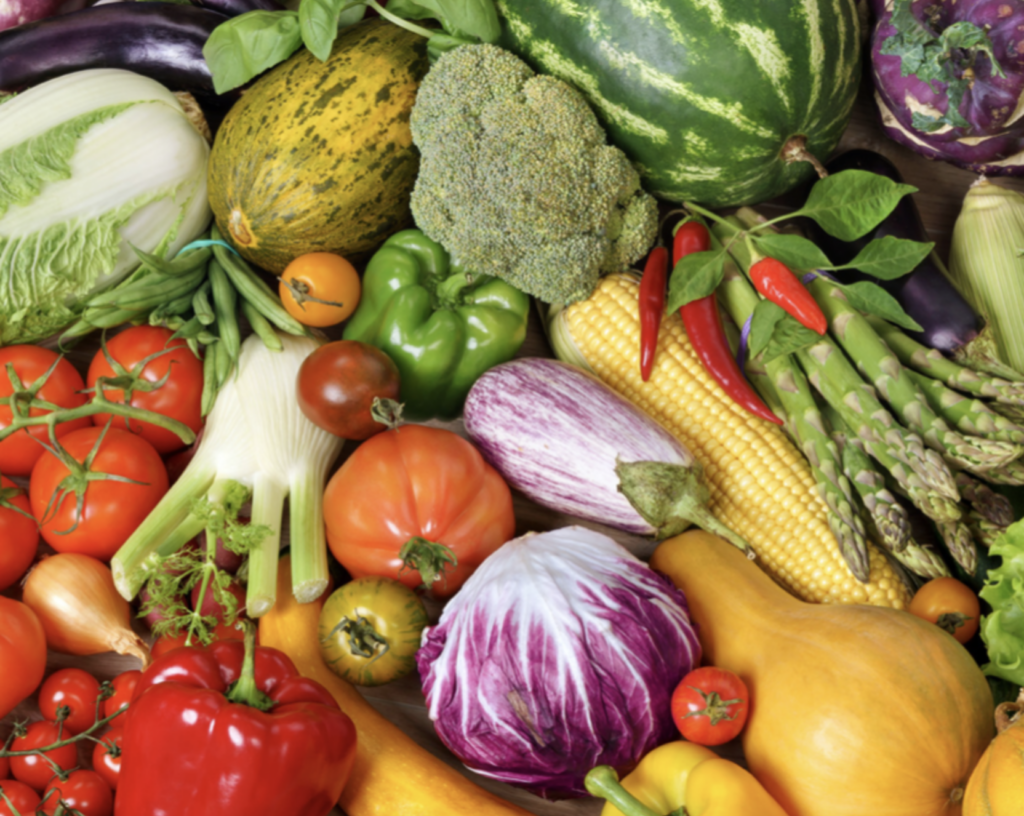What is organic agriculture? The International Federation of Organic Agriculture Movements defines organic agriculture as,
“a production system that sustains the health of soils, ecosystems and people. It relies on ecological processes, biodiversity and cycles adapted to local conditions, rather than the use of inputs with adverse effects. Organic Agriculture combines tradition, innovation and science to benefit the shared environment and promote fair relationships and a good quality of life for all involved.”
But why does it matter? Simple put, its often better for your body and its better for the environment. But it can get expensive so if you have to prioritize your grocery list items here is the guide. The Dirty Dozen is a list that the Environmental Worker Group puts out ever year that shows the top 12 foods that are the most contaminated with pesticides and toxins.
The Dirty Dozen:
- Strawberries
- Spinach
- Kale, collards, and mustard greens
- Nectarines
- Apples
- Grapes
- Cherries
- Peaches
- Pears
- Bell and hot peppers
- Celery
- Tomatoes
Click here to read the full list https://www.ewg.org/foodnews/full-list.php
The Environmental working group also puts out a list of The Clean Fifteen that is probably “ok” to buy the standard commercial way.
The Clean Fifteen
- Avocados
- Sweet corn
- Pineapple
- Onions
- Papaya
- Sweet peas
- Eggplant
- Asparagus
- Broccoli
- Cabbage
- Kiwi
- Cauliflower
- Mushrooms
- Honeydew
- Cantaloupe
Organic better for you and the environment.
The quick list:
- More nutrient dense foods = better tasting
- Saves bees, bats, and songbirds
- Industrial wastewater is banned for water crops
- 40% fewer greenhouse gas
- 45% less energy than chemical farming
- Builds healthier soil
- Decreases flooding and prevents erosion
In 2014 the The British Journal of Nutrition published a study that analyzed 343 peer-reviewed publications and its showed, statistically significant and meaningful differences in composition between organic and non-organic crops/crop-based foods. For example the found that in organic foods there were more antioxidants and less heavy metal.
Organic farms also don’t use toxic chemicals that can pollute our water sources. Some of the chemicals used in commercial farming has been linked to cancers and metabolic diseases. Organic farming also decreases the use of neonicotinoid insecticides which has been linked to the death of bees, songbirds, and bats.
Organic farmers also employ crop rotation strategies that improve the quality of the soil and prevent erosion, which helps prevent flooding. Non-organic farming typically uses what called monocropping which can leave the crop susceptible to disease and pests, and destroy the soil while slowly leaching out all the soil’s nutrients. Food is only as healthy as the soil its grown in. If the soil isn’t protected the crops will suffer and with monocropping the soil is often slowing being depleted of nutrients, which means out food is slowly becoming less nutrient dense.
Organic labels
“100% organic” is typically used on one-ingredient foods like veggis, fruits, eggs, meats, and multi ingredient foods that are all 100% organic.
“USDA certified” means it must contain a minimum of 95% organic ingredients.
“made from organic ingredients” means at least 70% of ingredients has to be organic.
But remember just because it says organic does not mean its necessarily “healthy,” there is a trend now with organi-fying “junk” food, its fairly easy now to step into you favorite health food store and find knock organic Oreos. Yes they’re organic. No they’re not healthy. Organic sweets still should be eaten in moderation.
Written By Dr. Ellora Pollard.
If you’re looking for one on one help with your nutrition you can schedule an appointment with Dr. Ellora for nutritional counseling online or call our office at 412-341-2505


